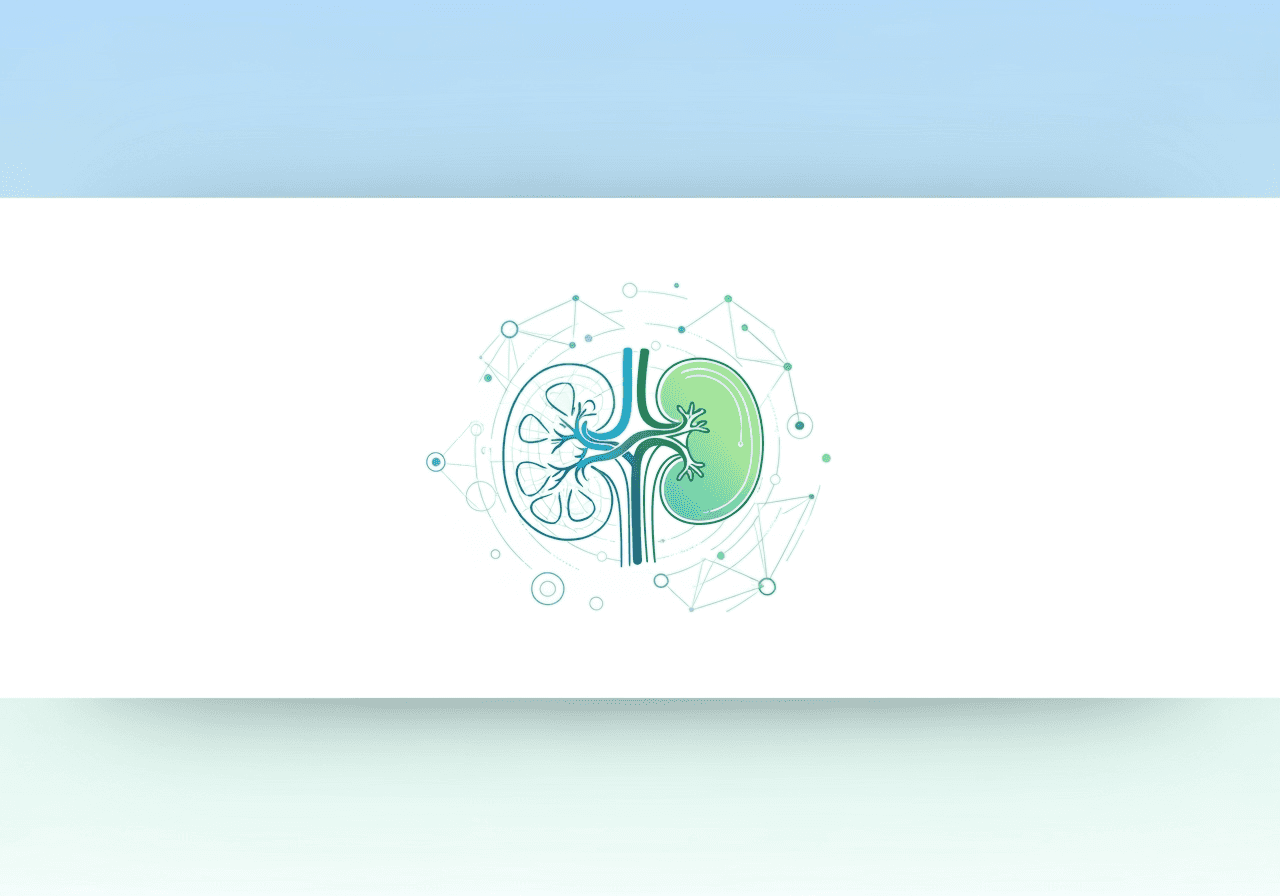
Who Should Consider Kidney Transplant? Healthtrip Expert Insights
15 Oct, 2025
 Healthtrip
Healthtrip- Where to Consider Kidney Transplant: Top Hospitals
- Why Kidney Transplant is Necessary: Understanding End-Stage Renal Disease (ESRD)
- Who is a Suitable Candidate for Kidney Transplant? Eligibility Criteria
- How Kidney Transplant Evaluation Works: A Step-by-Step Guide
- Examples of Conditions That May Require Kidney Transplant
- Living Donor Kidney Transplant: An In-Depth Look
- Conclusion: Is Kidney Transplant Right for You?
Who Should Consider Kidney Transplant?
End-Stage Renal Disease (ESRD) Diagnosis
Being diagnosed with End-Stage Renal Disease (ESRD) is often the first indication that one should seriously consider a kidney transplant. ESRD signifies a critical stage where the kidneys can no longer function adequately to meet the body's needs. When your kidneys are performing at less than 15% of their normal function, leading to symptoms like severe fatigue, persistent nausea, swelling, and difficulty controlling blood pressure, it’s time to explore all options, including transplantation. It can feel daunting, but thankfully, advancements in medical science offer solutions like kidney transplantation to improve quality of life. If you're located in India, consulting specialists at Fortis Memorial Research Institute, Gurgaon, could provide optimal insights. Alternatively, those seeking international options might explore facilities such as Vejthani Hospital or Bangkok Hospital in Thailand, renowned for their transplant programs. Remember, this isn't just about extending life; it's about reclaiming it.
Most popular procedures in India
Uncontrolled Diabetes or Hypertension
Uncontrolled diabetes and hypertension are silent assailants that can progressively damage your kidneys. When these conditions spiral out of control, they often lead to diabetic nephropathy or hypertensive nephrosclerosis, respectively, culminating in kidney failure. If, despite optimal medical management including medications, lifestyle adjustments, and regular monitoring, your kidney function continues to decline, a kidney transplant might be a crucial consideration to sustain life. For individuals facing this challenge, exploring comprehensive care at facilities such as Memorial Sisli Hospital in Istanbul or Saudi German Hospital Cairo, Egypt, could provide renewed hope. These medical centers are equipped with expertise and technology to evaluate and possibly conduct a kidney transplant, turning the page towards a healthier and more fulfilling life. Effective management under the guidance of professionals and their teams could be the turning point you need.
Severe Glomerular Diseases
Glomerular diseases, such as glomerulonephritis and focal segmental glomerulosclerosis (FSGS), can wreak havoc on your kidneys. These conditions attack the glomeruli, the kidney's filtering units, and lead to irreversible damage over time. When these diseases progress despite aggressive medical treatment and result in end-stage renal failure, a kidney transplant becomes a definitive intervention. Early assessment and intervention are critical, and places like Jiménez Díaz Foundation University Hospital in Madrid, or even the Mount Elizabeth Hospital in Singapore, present comprehensive solutions for these scenarios. These institutions bring together multidisciplinary teams and advanced diagnostic tools to evaluate your eligibility and ensure the best possible outcomes, because sometimes, you need a fresh start to truly live your healthiest life.
Wellness Treatments
Give yourself the time to relax
Lowest Prices Guaranteed!

Lowest Prices Guaranteed!
Polycystic Kidney Disease (PKD)
Polycystic Kidney Disease (PKD) is a genetic disorder marked by the growth of numerous cysts in the kidneys, gradually enlarging them and impairing their function. As PKD progresses, it can lead to chronic kidney disease and eventually end-stage renal failure. If you're experiencing advanced PKD, and your kidney function has significantly declined, a kidney transplant may become necessary to improve your health and extend your life. Evaluating options involves consulting specialists who understand the intricacies of PKD and can assess your eligibility for transplant. Healthcare providers at facilities like Quironsalud Hospital Murcia in Spain, or closer to home, Max Healthcare Saket in New Delhi, are well equipped to guide you. They bring expertise to the table, offering comprehensive evaluations and supporting patients in making informed decisions about their care, helping them to write a brighter chapter in their health journey.
Congenital or Genetic Kidney Conditions
Some individuals are born with congenital anomalies or inherit genetic conditions that compromise their kidney function from an early age. These conditions, often identified in childhood or adolescence, can lead to progressive and irreversible kidney damage. If such conditions, despite medical management, lead to end-stage renal failure, a kidney transplant may be considered. Paediatric kidney transplants are often more complex and require specialized care. Facilities equipped for such procedures, like Singapore General Hospital in Singapore or even locally available options such as Fortis Shalimar Bagh in Delhi, provide comprehensive examinations and care. The medical teams there work tirelessly to ensure the best possible outcomes for young patients, offering them a chance at a healthier, more normal life because, after all, everyone deserves a fighting chance.
Where to Consider Kidney Transplant: Top Hospitals
Embarking on the kidney transplant journey is a significant decision, one that requires careful consideration of the medical facilities available. Selecting the right hospital is paramount to ensuring the best possible outcome. The ideal hospital boasts a team of highly skilled and experienced transplant surgeons, nephrologists, and support staff. They should also have cutting-edge technology and a proven track record of successful transplants. Furthermore, consider the hospital's commitment to patient care, offering comprehensive pre- and post-transplant support services, including psychological counseling and nutritional guidance. After all, a kidney transplant is not just a medical procedure; it's a life-changing experience. For instance, Fortis Memorial Research Institute, Gurgaon, India, is renowned for its comprehensive cardiac care and advanced medical facilities, making it a strong contender for those seeking a kidney transplant. Similarly, Max Healthcare Saket in New Delhi, India, is another excellent option, known for its experienced medical professionals and state-of-the-art infrastructure. Several international hospitals also stand out, such as Mount Elizabeth Hospital in Singapore, respected for its world-class medical care and high success rates in organ transplantation or consider Vejthani Hospital in Bangkok, Thailand, a popular destination for medical tourism, including kidney transplantation, offering affordable options without compromising on quality. Memorial Sisli Hospital, Turkey is another potential hospital to look into. Choosing the right hospital involves research, consultation, and careful evaluation of your individual needs and circumstances. Healthtrip can assist you in navigating this complex process, connecting you with leading hospitals and facilitating access to expert medical opinions.
Why Kidney Transplant is Necessary: Understanding End-Stage Renal Disease (ESRD)
End-Stage Renal Disease (ESRD), also known as kidney failure, is the final and most severe stage of chronic kidney disease. It occurs when the kidneys are no longer able to effectively filter waste and excess fluids from the blood, leading to a buildup of toxins in the body. This can result in a wide range of debilitating symptoms, including fatigue, nausea, swelling, shortness of breath, and even seizures. ESRD is not just a medical condition; it's a life-altering experience that impacts every aspect of a person's life. Without treatment, ESRD is fatal. While dialysis can help to filter the blood and remove waste products, it's not a cure and can be a demanding and time-consuming process. Dialysis requires frequent visits to a clinic and can significantly impact a patient's quality of life. This is where kidney transplantation comes in. A kidney transplant offers a chance to restore kidney function, improve quality of life, and increase life expectancy for individuals with ESRD. A successful transplant allows patients to live more independently, enjoy a more normal diet, and experience renewed energy levels. It frees them from the constraints of dialysis, enabling them to return to work, travel, and participate in activities they once enjoyed. The decision to pursue a kidney transplant is a deeply personal one, but for many with ESRD, it represents a pathway back to a fuller, healthier, and more fulfilling life. Healthtrip is here to provide the information and resources you need to make informed decisions about your kidney health and explore the possibility of a life-changing transplant.
Who is a Suitable Candidate for Kidney Transplant? Eligibility Criteria
Determining who is a suitable candidate for a kidney transplant is a complex process that involves a thorough medical evaluation. It's not a one-size-fits-all situation, and the decision is made on a case-by-case basis, considering the individual's overall health, lifestyle, and medical history. Generally, individuals with End-Stage Renal Disease (ESRD) are considered potential candidates, but there are specific criteria that must be met. Firstly, the individual needs to be healthy enough to withstand the surgery and the post-transplant immunosuppressant medications. This involves assessing their cardiovascular health, lung function, and liver function. Any significant underlying conditions, such as severe heart disease or active infections, may need to be addressed before a transplant can be considered. Secondly, the individual needs to demonstrate a commitment to following the post-transplant care plan. This is crucial for the long-term success of the transplant. It involves taking medications as prescribed, attending regular follow-up appointments, and adopting a healthy lifestyle. Factors such as smoking, alcohol abuse, or a history of non-compliance with medical treatment can impact eligibility. Thirdly, the individual needs to have a strong support system in place. The transplant journey can be emotionally and physically demanding, and having family or friends who can provide support and encouragement is essential. It's important to understand that eligibility for a kidney transplant is not just about ticking boxes on a checklist. It's about assessing the individual's overall health and well-being and ensuring that they are prepared for the challenges and responsibilities that come with a transplant. Healthtrip can help you connect with experienced transplant specialists who can evaluate your specific situation and provide personalized guidance. For example, Fortis Hospital, Noida provides experienced doctors to treat kidney related issues and kidney transplant can be considered here.
Also Read:
How Kidney Transplant Evaluation Works: A Step-by-Step Guide
Embarking on the kidney transplant journey begins with a thorough evaluation process, a critical step to determine if you're a suitable candidate and to ensure the best possible outcome. Think of it as a comprehensive health check, where doctors meticulously assess your overall health, weigh the potential benefits and risks, and tailor a treatment plan just for you. This isn't just about ticking boxes; it's about understanding your unique circumstances and providing you with the best chance at a healthier, fuller life. The evaluation starts with a detailed medical history, delving into your past illnesses, surgeries, medications, and any family history of kidney disease or other relevant conditions. Next comes a physical examination, where doctors assess your general health and look for any signs that might affect the transplant process. Blood tests are a cornerstone of the evaluation, providing a wealth of information about your kidney function, blood type, immune system, and overall health. These tests help determine if you're a good match for a potential donor and identify any underlying infections or conditions that need to be addressed before the transplant.
Pre-Transplant Evaluation: A Comprehensive Approach
Beyond the basics, the pre-transplant evaluation often includes more specialized tests. A tissue typing test determines your human leukocyte antigens (HLA), which are proteins on the surface of your cells that play a crucial role in immune system function. Matching your HLA with a potential donor is vital to minimize the risk of rejection after the transplant. Imaging studies, such as X-rays, ultrasounds, and CT scans, provide a detailed look at your kidneys, heart, and other organs to identify any structural abnormalities or other issues that could affect the transplant. A psychological evaluation is also often included, as the transplant process can be emotionally challenging. This evaluation helps assess your mental and emotional readiness for the transplant and identify any support you might need. Depending on your individual circumstances, other tests may be necessary to evaluate your heart, lungs, or other organs. The goal is to get a complete picture of your health to ensure the best possible outcome. Finding the right hospital is also important. Consider hospitals like Fortis Hospital, Noida (https://www.healthtrip.com/hospital/fortis-hospital-noida) or Fortis Memorial Research Institute, Gurgaon (https://www.healthtrip.com/hospital/fortis-memorial-research-institute) or even Memorial Sisli Hospital (https://www.healthtrip.com/hospital/memorial-sisli-hospital) for comprehensive assessment.
Examples of Conditions That May Require Kidney Transplant
End-stage renal disease (ESRD), the point at which your kidneys can no longer function on their own, can stem from a variety of underlying conditions, making kidney transplant a potentially life-saving option. Think of your kidneys as the body's filtration system; when they fail, toxins build up, leading to a host of health problems. One of the most common culprits is diabetes, where high blood sugar levels can damage the delicate blood vessels in the kidneys over time. Another frequent offender is high blood pressure, which can also put a strain on the kidneys and lead to chronic kidney disease. Glomerulonephritis, a group of diseases that cause inflammation and damage to the kidney's filtering units, is another significant cause of ESRD, it’s like a constant attack on the vital parts of your kidney. Polycystic kidney disease (PKD), a genetic disorder characterized by the growth of numerous cysts in the kidneys, can also lead to kidney failure, as these cysts gradually replace healthy kidney tissue. Certain autoimmune diseases, such as lupus, can attack the kidneys, causing inflammation and damage that can eventually lead to ESRD. In some cases, kidney failure can be caused by infections, blockages in the urinary tract, or even certain medications. No matter the underlying cause, ESRD can have a devastating impact on your health. A hospital like NMC Specialty Hospital, Al Nahda, Dubai (https://www.healthtrip.com/hospital/nmc-specialty-hospital-al-nahda) might be able to help you understand the underlying conditions better.
Understanding the Conditions Leading to Kidney Failure
It's crucial to understand that kidney disease often progresses silently, with few or no symptoms in the early stages. This is why regular check-ups and screenings are so important, especially if you have risk factors such as diabetes, high blood pressure, or a family history of kidney disease. Early detection and treatment can often slow or even prevent the progression of kidney disease to ESRD. When the kidneys fail, the body is unable to filter waste products, regulate blood pressure, or produce hormones that are essential for red blood cell production. This can lead to a wide range of symptoms, including fatigue, swelling, nausea, loss of appetite, and difficulty concentrating. Without treatment, ESRD can be fatal. Dialysis, a process that filters the blood artificially, can help keep you alive, but it's a demanding and time-consuming treatment. A kidney transplant, on the other hand, offers the possibility of a more normal life, free from the constraints of dialysis. If you're facing ESRD, talk to your doctor about whether a kidney transplant is right for you. It's a big decision, but it could be the key to a healthier, happier future. Consider seeking advice from experts at hospitals like Vejthani Hospital (https://www.healthtrip.com/hospital/vejthani-hospital) or Bangkok Hospital (https://www.healthtrip.com/hospital/bangkok-hospital) for comprehensive management of these conditions.
Also Read:
Living Donor Kidney Transplant: An In-Depth Look
A living donor kidney transplant offers a unique and often quicker path to a new kidney, and it involves receiving a kidney from a living, compatible donor. This stands in contrast to deceased donor transplants, where the kidney comes from someone who has recently passed away. The beauty of a living donor transplant lies in its potential for better outcomes and a shorter waiting time. Imagine having a family member or friend who is willing and able to donate a kidney; it's like having a direct lifeline to a healthier future. The process begins with a thorough evaluation of the potential donor to ensure they are healthy enough to donate and that their kidney is a good match for you. This evaluation includes blood tests, tissue typing, and imaging studies to assess kidney function and overall health. The donor's emotional and psychological well-being is also carefully considered to ensure they fully understand the risks and benefits of donation. The advantages of a living donor transplant are numerous. One of the most significant is the shorter waiting time. Unlike deceased donor transplants, where you might spend years on a waiting list, a living donor transplant can be scheduled once the donor and recipient are deemed compatible and healthy. This can significantly improve your quality of life and reduce the risk of complications associated with long-term dialysis.
The Benefits and Considerations of Living Donation
In addition to shorter waiting times, living donor kidneys often function better and last longer than deceased donor kidneys. This is because the kidney is transplanted shortly after removal from the donor, minimizing the risk of damage. Living donor transplants are also associated with lower rates of rejection and better long-term survival rates for both the recipient and the donor. Of course, living donation is not without its considerations. The donor will undergo surgery to remove the kidney, which carries some risks, although these are generally low. Donors typically experience some pain and discomfort after surgery, and they may need to take time off from work to recover. However, most donors return to their normal activities within a few weeks. It's also important to consider the emotional and psychological impact of donation on both the donor and the recipient. Open communication and support are essential throughout the process. Finding hospitals with expertise in living donor transplants is crucial. Look at hospitals such as Mount Elizabeth Hospital (https://www.healthtrip.com/hospital/mount-elizabeth-hospital) or Singapore General Hospital (https://www.healthtrip.com/hospital/singapore-general-hospital) which are well-equipped to handle the complexities of these procedures. Ultimately, the decision of whether to pursue a living donor transplant is a personal one. It requires careful consideration of the risks and benefits, as well as open communication between the donor, the recipient, and their healthcare team. But for many, it offers a chance at a healthier, fuller life.
Conclusion: Is Kidney Transplant Right for You?
Deciding whether a kidney transplant is the right path for you is a deeply personal journey, one that requires careful consideration, honest conversations with your healthcare team, and a clear understanding of the potential benefits and risks. It's not a decision to be taken lightly, but it's one that could significantly improve your quality of life and offer a chance at a healthier future. Think of it as weighing the scales, with the potential for a life free from dialysis on one side and the commitment to lifelong medication and monitoring on the other. The first step is to gather as much information as possible. Talk to your nephrologist, transplant surgeon, and other members of your healthcare team about your specific situation. Ask questions, express your concerns, and make sure you understand all aspects of the transplant process. Consider your overall health and lifestyle. Are you willing and able to commit to the lifelong medication regimen required after a transplant? Do you have a strong support system to help you through the recovery process? Are you prepared for the potential complications and challenges that may arise? It's also essential to consider the alternatives to transplantation, such as dialysis. While dialysis can keep you alive, it's a demanding treatment that can significantly impact your quality of life. A kidney transplant, on the other hand, offers the possibility of greater freedom, energy, and overall well-being.
Making an Informed Decision About Your Health
The decision to pursue a kidney transplant is not just a medical one; it's also an emotional and psychological one. It's important to acknowledge your feelings and concerns and to seek support from family, friends, or a therapist. Talking to other transplant recipients can also be helpful, as they can share their experiences and provide valuable insights. Ultimately, the decision of whether to have a kidney transplant is yours and yours alone. Don't feel pressured by others, and take the time you need to make the right choice for yourself. Remember, Healthtrip is here to support you on your journey, providing you with access to information, resources, and top-notch medical professionals at hospitals like Saudi German Hospital Cairo (https://www.healthtrip.com/hospital/saudi-german-hospital-cairo) and Fortis Escorts Heart Institute (https://www.healthtrip.com/hospital/fortis-escorts-heart-institute). We can help you connect with hospitals like Quironsalud Hospital Murcia (https://www.healthtrip.com/hospital/quironsalud-hospital-murcia) or Hisar Intercontinental Hospital (https://www.healthtrip.com/hospital/hisar-intercontinental-hospital) for a smooth and informed transplant process.
Also Read:
Related Blogs
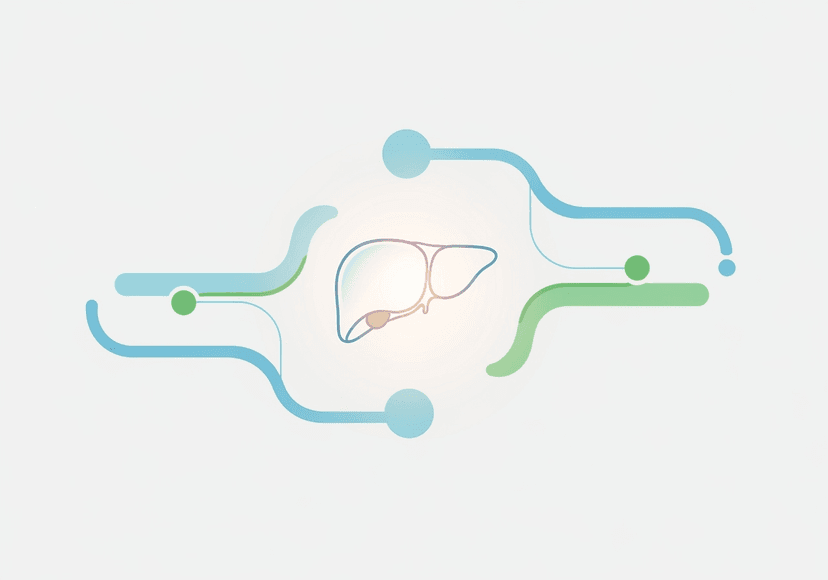
Is Liver Transplant Right for You? Healthtrip Explains Evaluation Steps
Detailed guide on liver transplant, featuring doctors, hospitals, risks, recovery,

Role of Multidisciplinary Teams in Liver Transplant
Detailed guide on liver transplant, featuring doctors, hospitals, risks, recovery,
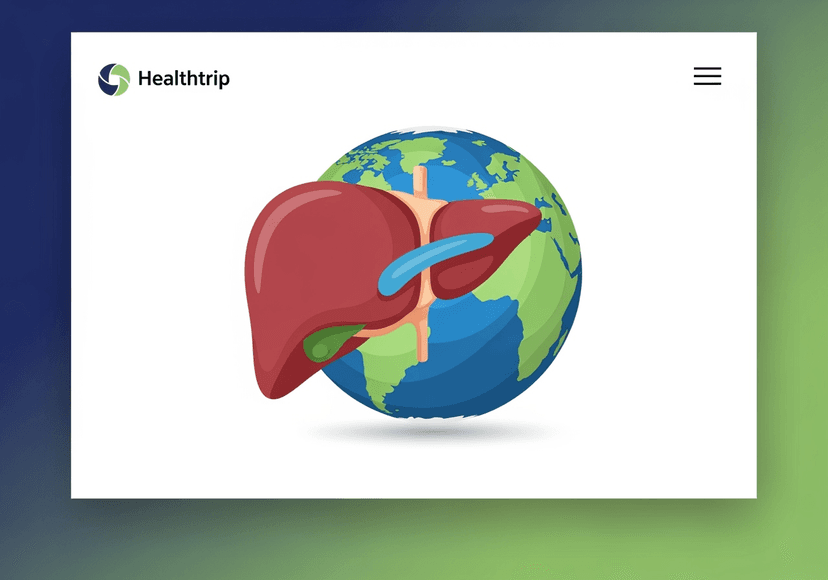
Healthtrip's Trusted Hospitals for International Liver Transplant Patients
Detailed guide on liver transplant, featuring doctors, hospitals, risks, recovery,
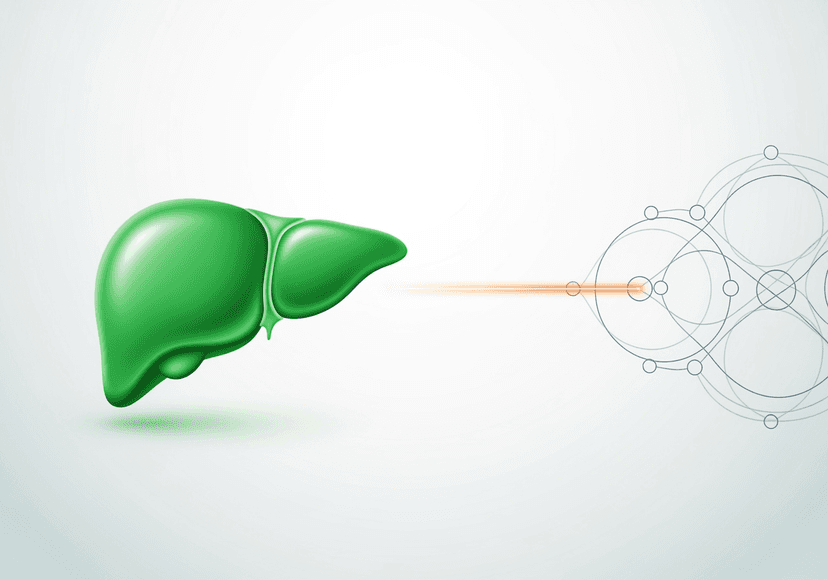
Who Should Consider Liver Transplant? Healthtrip Expert Insights
Detailed guide on liver transplant, featuring doctors, hospitals, risks, recovery,
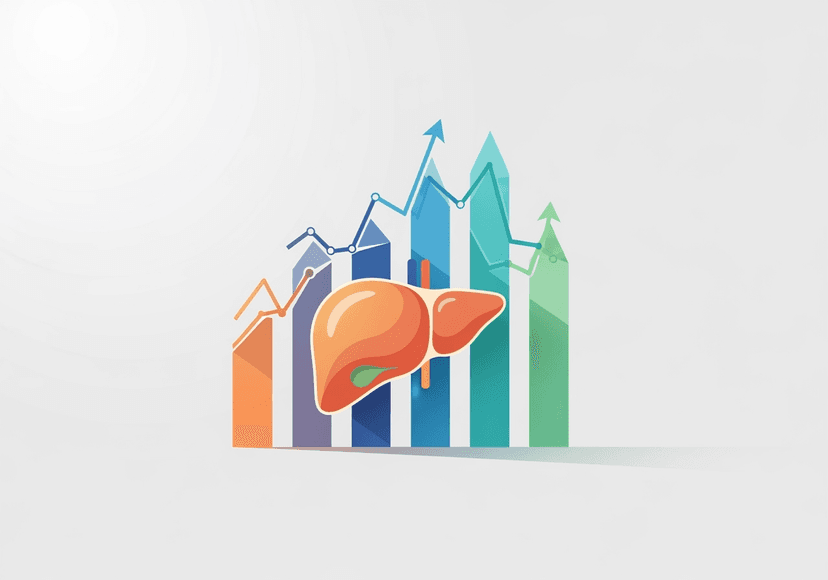
Comparing Success Rates of Liver Transplant Across Healthtrip Hospitals
Detailed guide on liver transplant, featuring doctors, hospitals, risks, recovery,
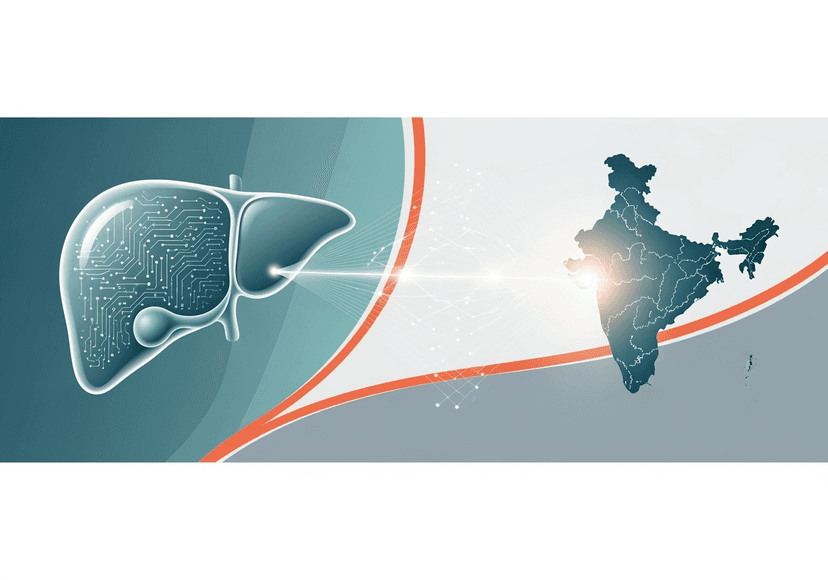
Latest Techniques Used for Liver Transplant in India via Healthtrip
Detailed guide on liver transplant, featuring doctors, hospitals, risks, recovery,










